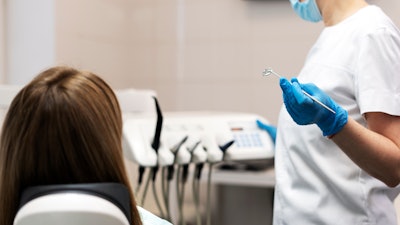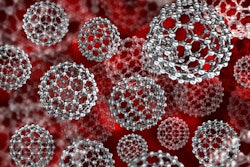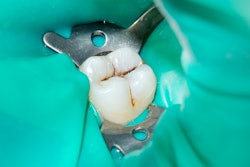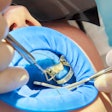
Dental pulp regeneration may be a more effective and less risky endodontic treatment compared to vital pulp therapy and root canal therapy (RCT), according to research published in the Journal of Dental Research.
When applied to dental pulp, the regenerative properties of resolvins, specifically Resolvin E1 (RvE1), have been shown to effectively control excess inflammation associated with endodontic diseases, according to the study.
“RvE1 suppressed inflammatory infiltration, reduced bacterial invasion in root canals, and prevented the development of apical periodontitis ... presenting RvE1 as a novel therapeutic for treating endodontic diseases,” wrote the authors, led by Dr. Thomas Van Dyke, PhD, vice president of the Center for Clinical and Translational Research at the Forsyth Institute (J Dent Res, October 13, 2023).
Resolvins are part of a greater class of specialized proresolving mediators (SPMs), which are natural anti-inflammatories produced by the body, according to the study. To further understand its regenerative and anti-inflammatory capabilities, RvE1 was applied to different levels of infected and damaged tissue. RvE1 was found to be very effective at promoting pulp regeneration when used in direct pulp-capping of vital or living pulp, according to the study.
However, the study had limitations. RvE1 did not facilitate regeneration on infected and necrotic pulp, calling for further research with severely infected tissue, the authors wrote.
“Application of RvE1 to dental pulp promotes formation of the type of stem cells that can differentiate into dentin (tooth), bone, cartilage or fat, this technology has huge potential for the field of regenerative medicine beyond the tissues in the teeth,” Van Dyke said in a press release.



















